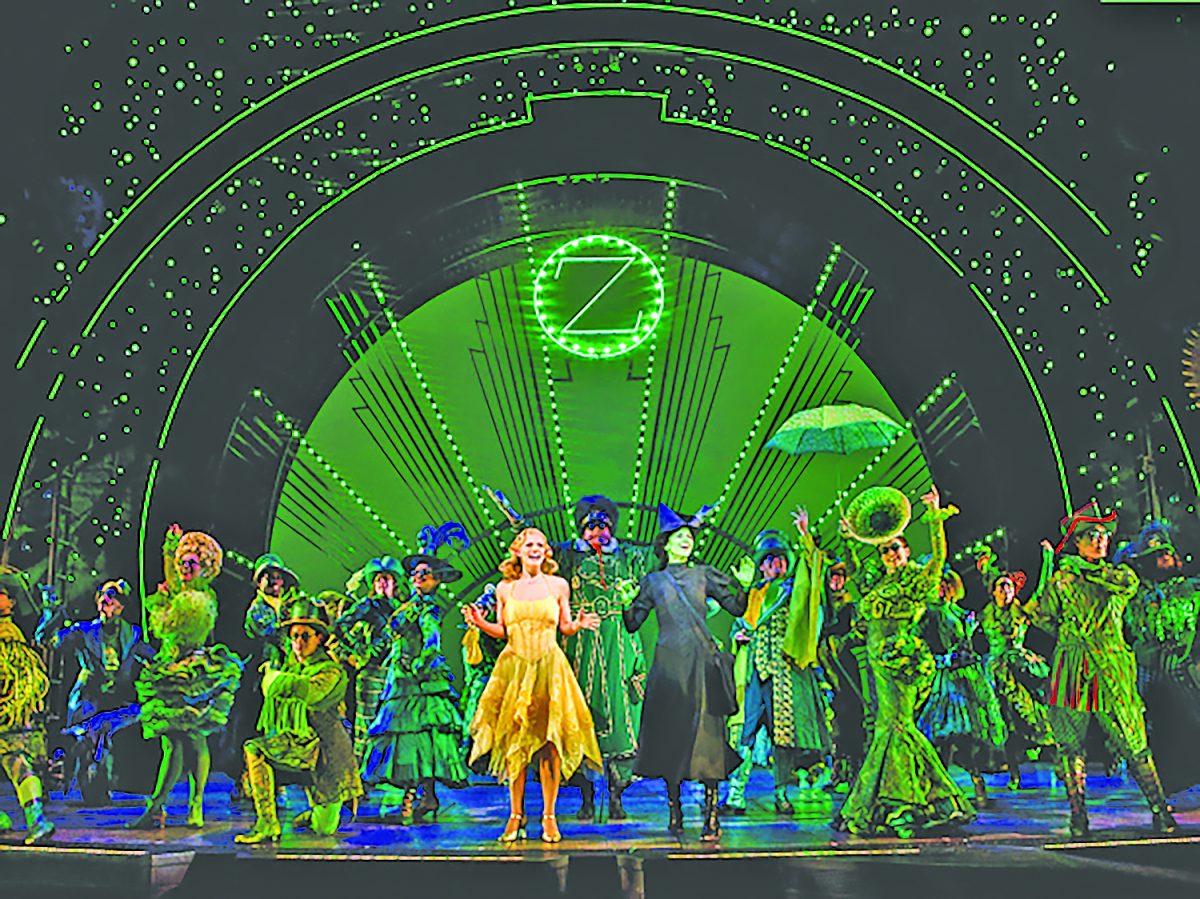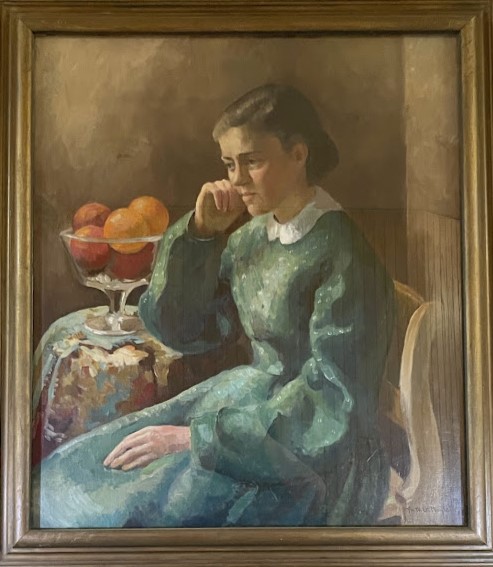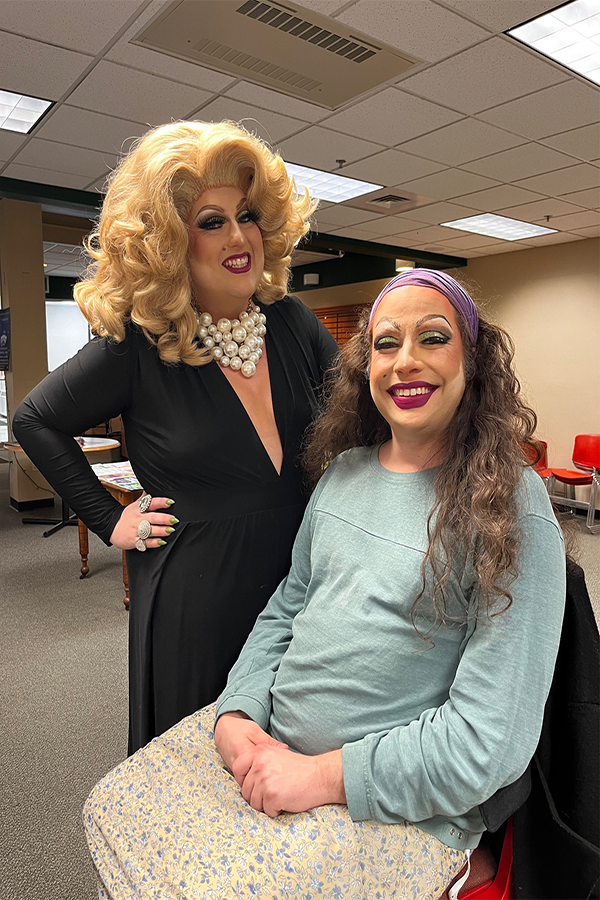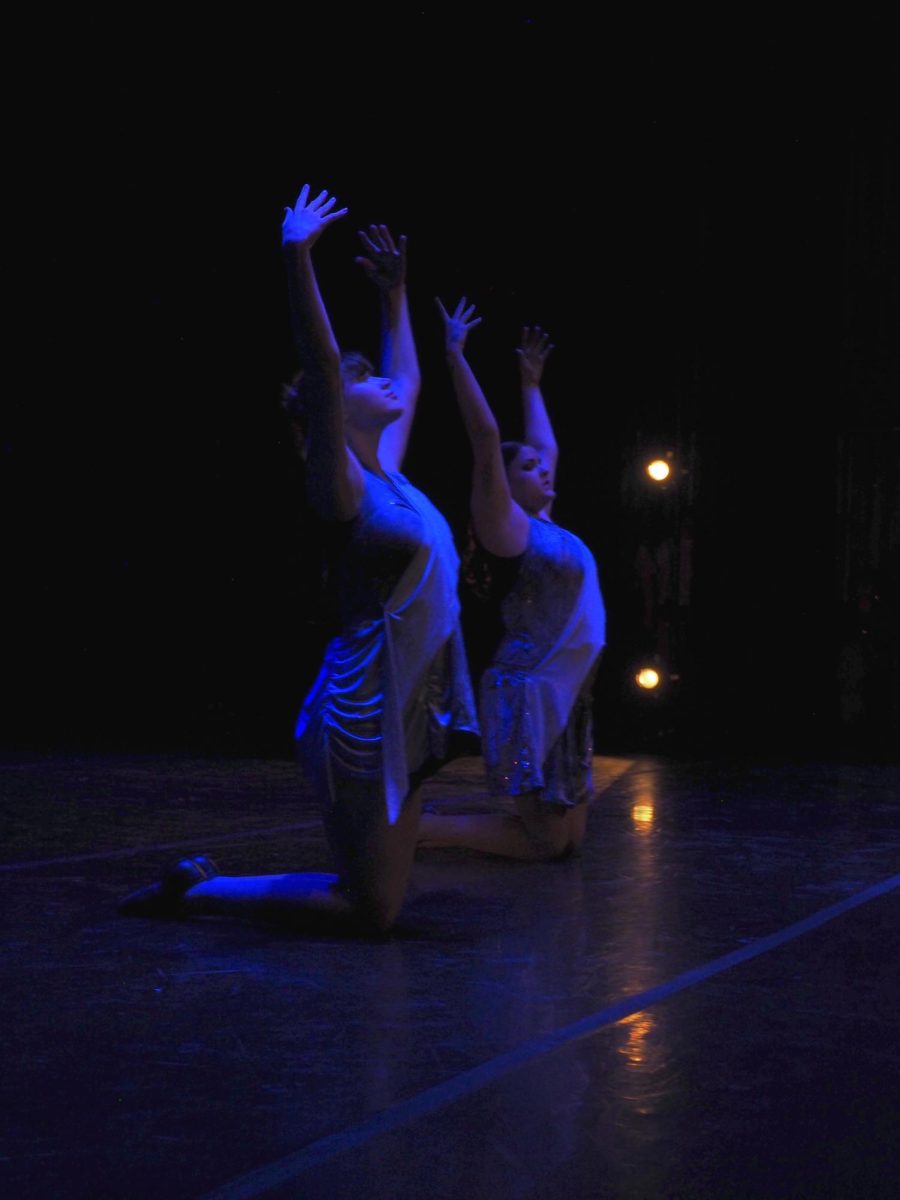From April 18-21, “Spring Awakening” will be at Dibden Center for the Arts. It is a rock musical adapted from an 1892 play originally written by German Frank Wedekind. It was adapted into a musical with music by Duncan Sheik and the lyrics and the book by Steven Sater. “Spring Awakening,” winner of eight Tony Awards including best musical, best direction, book, and score, deals with issues that still plague youth today.
Professor of Performing Arts Russ Longtin will be directing this play, set in the late 19th century. This teen cult musical, popular with 15-22 year olds, was banned in Germany for quite a few years because of the risque themes and topics such as sexuality, abortion, homosexuality, rape, child abuse, and suicide. This play is not appropriate for young audiences, but it will strive to be an engaging musical for all others.
Many different characters inhabit this play, and the dichotomy between the main adolescent characters and the roles of the adults is evident. Unlike many other performances, the adults take somewhat of a backseat to the young people, as this play is told from the viewpoint of the teenagers. A couple of the roles will be split between two actors, each taking two of the four performances.
Vanessa Cousins will be playing Wendla on Wednesday and Saturday, and Allanah Halliday during the Thursday and Friday performances. Bridget Conway will be playing an adult (Frau Bessel) on Wednesday and Saturday, and on Thursday and Friday she will be playing Ilsa.
Other actors in this performance include Claire Demarais as Martha, Lynne Dumais as Thea, and Abby Maurice (choreographer) as Anna. Adult women will be played by Michelle Sawyer-Houle, Madeleine Gibbons, Sam Kilbride and Taylor Cammer.
Marcus Provost plays Melchoir, Shani Stoddard as Moritz, Jonathan Howard as Hanschen. Ernst is played by Dan Schurman, Georg is Ben Edmonds, and the last young man, Otto, is Eric R. Hill. All adult males will be played by three men, Thomas Bartlau, Zane Watkins, and Dakotah Senesac.
When the kids were younger they were in school together in the same classroom. As they became teenagers, the boys were then in one school, and the girls in another (if at all). We see the boys in a school setting but not the girls. In this play, there is a true dichotomy between the adolescents and the adults.
“Spring Awakening” ran on Broadway for a little over two years, closing in 2009 after more than 850 performances. Although this musical is based on a play that is 120 years old, the musical adaptation offers a fresh look at this work. With 11 Tony nominations and eight wins, nine Drama Desk Award nominations and four wins, and one Grammy award for Best Musical Show Album, this performance is likely to be a hit with audiences. The original cast includes Lea Michelle and Jonathan Groff from “Glee.”
Selecting a play to perform at JSC includes a great deal of conversation around limitations. For this performance, factors such as the limited number of men available, financial resources, and availability of musicians were all taken into account. There must also be a certain number of students registered to even run the class.
“Spring Awakening” is a lower budget production requiring a minimal set and without the need for large instrumentation.The band is on stage center back, consisting of a bass player, two guitar players, a drummer, and two keyboardists, including Assistant Professor of Music Bethany Plissey.
“Spring Awakening” will feature both Dibden veterans and newer faces to JSC’s stage, and some actors will be playing double and triple roles with over 20 different characters to play, which becomes another factor in this choice.
According to Plissey, there were many senior women who needed to have access to roles. “It was hard, and we cut a lot of people at casting,” she said. “There are only two or three ladies’ roles that are not played by seniors.”
Although this selection is another drama, it really provides JSC’s musical theater students with an important repertoire to have under their belts. This play continues to be performed across the U.S. and theater students were excited about this choice.
Casting was done in December. This gave everyone a chance to become familiar with the material over the break between semesters. Many students were already knowledgeable about the show and could now begin to learn their roles. Since production and rehearsals straddle breaks, it can be difficult to produce a show.
Homosexuality, sexual exploration, loss of virginity, and masturbation all put pressure on teenagers and these seem to be topics that pop up no matter what the time period. Much of it is pretty blatant, and one can expect some nudity and exposed body parts during the sex scenes.
This heavy tech show includes lights by Ethan McGovern and sound by Chazz Frederick and Bonnie Cleverly. Taryn Glasser is the stage manager, and period costumes will be sewn by Holly McDonald.
The play will last approximately two hours with the intermission, and it consists of two acts. Wednesday April 18, performance at 10 a.m. Thursday, Friday, and Saturday at 7 p.m. Tickets are free for the JSC community and $5 for general public.





